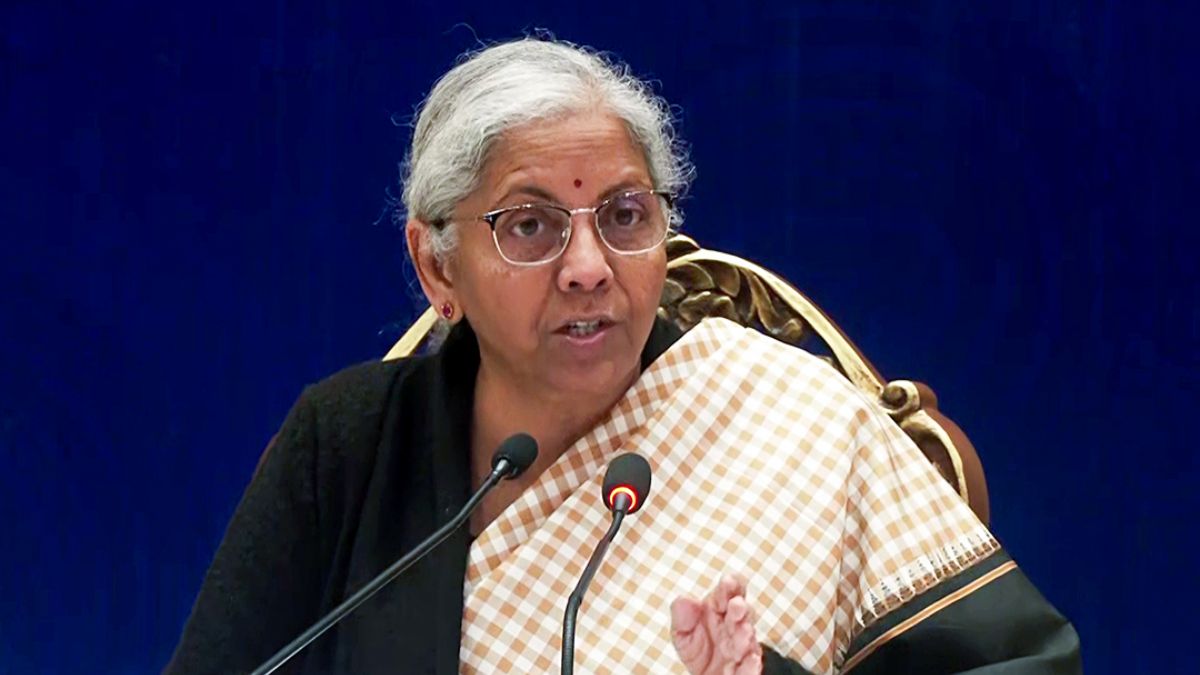Used Electric Vehicle GST Hike: A Shock to the System?
Get ready, because the GST (Goods and Services Tax) just got a whole lot more complicated for used electric vehicle owners and dealers! Recent changes have left many people reeling and asking "What just happened?" The Indian government's recent decision to raise the GST on used electric vehicles (EVs) from 12% to 18% has sparked a firestorm of controversy. This decision isn't just about numbers; it's about the everyday struggles of the Indian middle class. Is this the beginning of a major setback for green initiatives in India?
Understanding the New GST on Used EVs
Let's break down the news. The revised GST rate now applies only to the margin value of the vehicle – meaning the difference between what a dealer buys it for and sells it for. Individual sellers still aren't impacted. The intention, according to the Finance Minister, is to encourage the green revolution in automobiles, but some think this method will hurt more than help!
The fact that only the margin value will now have increased GST also has significant implications. How does this make used electric vehicle sales more difficult than it is for other sectors such as cars and motorcycles that have similar resale markets?
Opposition's Outrage: A Political Earthquake?
The increase hasn't just been met with silence. Opposition parties, led by high profile figures, are calling out the government for this move, claiming it disproportionately affects the middle class. They argue this tax hike is anti-poor and anti-EV adoption. This isn't just any news story; this is a clash between the governing party and the political opposition!
Voices of Dissent: Arvind Kejriwal and Akhilesh Yadav Weigh In
Prominent opposition leaders like Arvind Kejriwal and Akhilesh Yadav have lashed out, calling the move a betrayal of ordinary citizens' dreams and a step that benefits the wealthy and big business while negatively affecting smaller businesses and citizens of the lower economic stratum. These public disagreements and discussions have significantly amplified this tax change, impacting many lives in the process.
The Larger Debate: Affordability, Environment and Economic Growth
This situation points to a deeper problem: striking a balance between promoting green initiatives and ensuring accessibility for all. Does this new tax regime stifle electric vehicle adoption and harm the economic growth in this sector, or does this new taxation push sales towards other markets outside India?
Environmental Impact:
What are the unintended environmental consequences of this decision? By increasing the cost of used electric vehicles, it makes it more likely that people might delay transitioning to the eco-friendlier mode of transportation. Thus potentially increasing air pollution!
Economic Growth:
India has actively invested in sustainable technology infrastructure and technological manufacturing initiatives that are related to electric vehicles. Raising the taxation level and the unpredictability of the tax policy environment will discourage new investors from investing into Indian sustainable development opportunities!
Looking Ahead: What's Next for Used EVs in India?
The recent GST increase certainly throws a spanner in the works for anyone looking for budget friendly sustainable options. While the government maintains its focus on environmental goals and aims for a large reduction of carbon emissions within the country, the impact on individuals, economic activity and the economic competitiveness of the auto industry needs to be assessed. Many questions remain on whether the increased tax will influence used EV purchase decisions among Indians in a considerable way.
Uncertainty and the Market
What effect will the government's decision have on the used EV market in India? Many individuals may now be turning to parallel markets outside of the government regulated space that may lead to reduced government oversight of safety standards for vehicles sold within the used market!
Take Away Points:
- The GST on used EVs has increased to 18% on the margin value.
- This has sparked intense criticism from opposition leaders.
- The long-term economic, environmental and social consequences remain uncertain.
- Watch this space for further developments as the debate continues.









